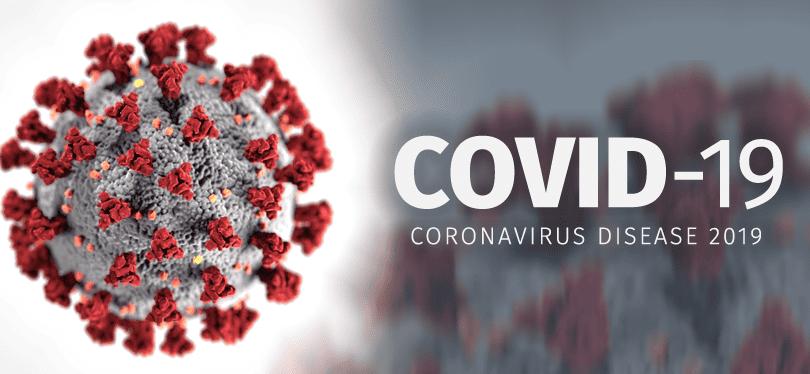At SAFE Project, we know that building communities and working together is essential to finding solutions to today’s problems. We also know that it is critical to stay in the moment and not project our fears onto an unknown future. Instead, we need to remain positive and focused while we accept the things we cannot change and support the needs of our friends, loved ones and ourselves.
As we deal with public health emergencies like the current coronavirus disease (COVID-19), we know it can be especially stressful for communities across the country. In these times, it is hard to stay calm and focused.
Here are a few of the things that we recommend that you join our SAFE Team in doing as we try to build resilience and stay vigilant:
- Take a moment to thank a healthcare worker or local responder. They are the ones doing their best to make sure this virus does not spread further.
- Learn the facts by listening to credible public health sources, like the CDC and your local and state public health departments.
- Volunteer Virtually: Don’t just binge and fret. SAFE Project and many other organizations, especially in your communities, need help that you can do from home. It’s a great way to feel engaged and help others.
- Talk about your concerns. Whether it is with a friend or family member, don’t keep them to yourself. In fact, if your State or County Department of Health has set up a call center, use it and talk through your questions.
- If you can’t get to your friends or family, have an online meeting through a social support community, like InTheRooms.com.
- Be proactive about self-care, hygiene, and maintaining recovery. It’s possible that meetings, counseling sessions, or your faith community could cancel or alter their schedules, so prepare yourself mentally to handle those potential changes and find what options will work best for you.
- If you are part of a faith community, many places of worship are offering phone counseling for those feeling isolated or anxious.
- Be selective about images you share and things you say. Please don’t reinforce stereotypes or stigma about others.
Finally, we all know that there are many people in high-risk categories – and, according to NIH, that includes people with substance use disorder – whether in treatment or recovery. The use of substances may have weakened their immune system, so persons with SUD may be at a higher risk of infection. Be aware of those risks, the facts and provide your support to build our community of recovery.

